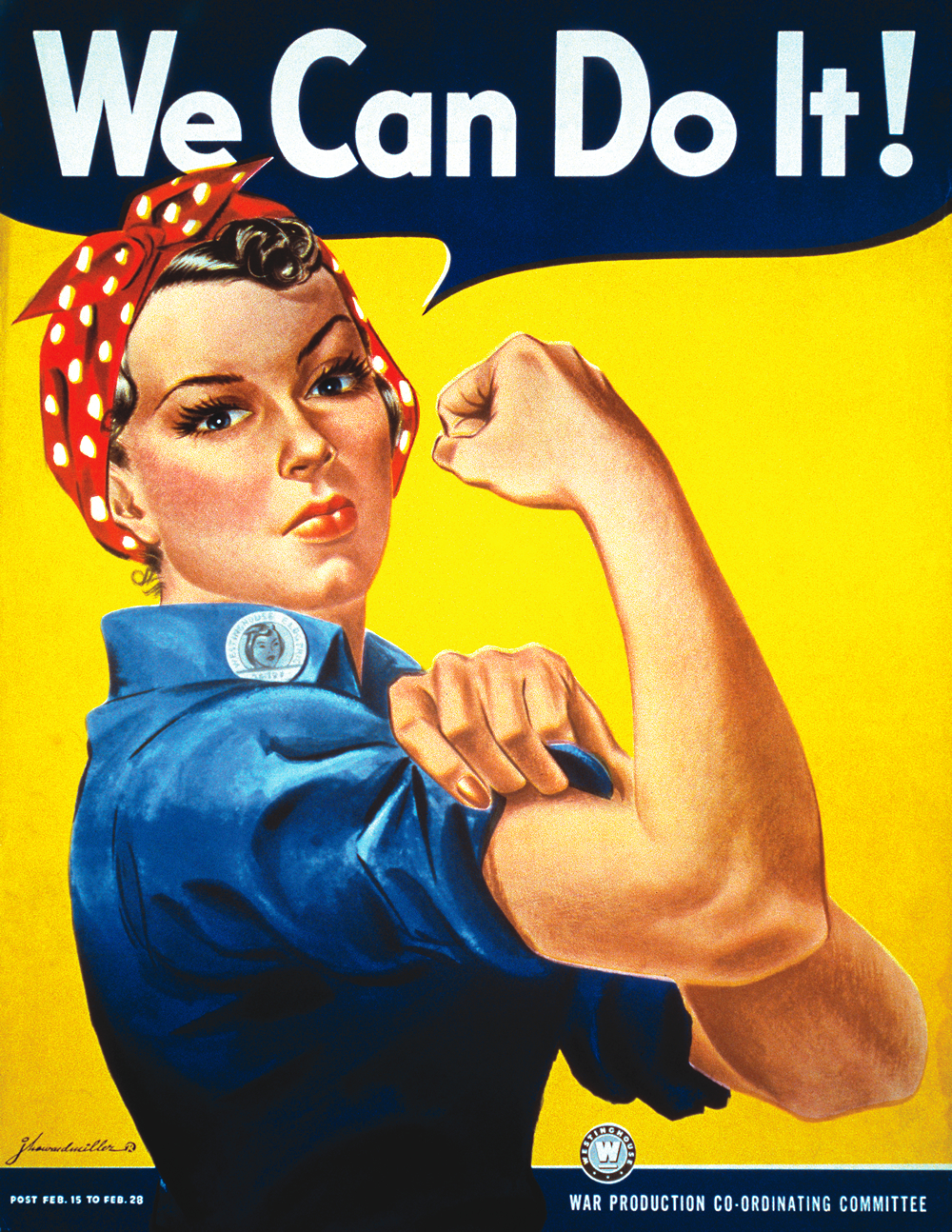Even though my books are genre novels, not feminist writings, and even though the main character is male, being a feminist has had a lot of influence on them.
One reviewer mentioned for Forever's Too Long, "I especially appreciated the way that the female characters (both heroes and villains) were fully formed, intelligent, and autonomous - delightfully atypical of the genre." I've kept that going with women who have their own sense of purpose, their own careers (including uncommon ones), references to problems both historical and ongoing, etc. That won't go away.
And there won't be any nonsense of having strong women just so the man can prove himself even stronger by conquering them/putting them in their place. Rafael won't slap a woman to cure her hysterics. He's not weak enough to need that.
No, my hero gets to have real, meaningful, supportive friendships. He experiences fear and disappointment, wistfulness and hope, affection and joy. He sees beauty as well as darkness in the world. He has time for introspection as well as action. You wouldn't think it would take feminism to write a well-rounded male character, but a lot of male writers are steered by growing up with toxic masculinity.
But he is emotionally vulnerable-- that's another side to feminism. Allowing men to have a full range of emotions, not just anger, resentment, and pride (wait, wrath, envy and pride are almost half the deadly sins right there). Why do men hate men so much?
Finally, feminism has been intersectional for most of its history. Seneca Falls meetings dealt with abolitionism and feminism both. Abolition took priority for feminists in terms of action, because of the severity, but once the Civil War was won, women's suffrage was the next big thing for many activists. Social work began because of women with education and influence becoming involved with immigrant and impoverished communities and seeing a need for political policies and trained workers to pave paths to a better life for the marginalized.
So, my women's history course dealt with a lot of racial concerns, too. I've researched it and read widely outside of feminist writing on race, but there are a lot of connections.




.jpg)


No comments:
Post a Comment